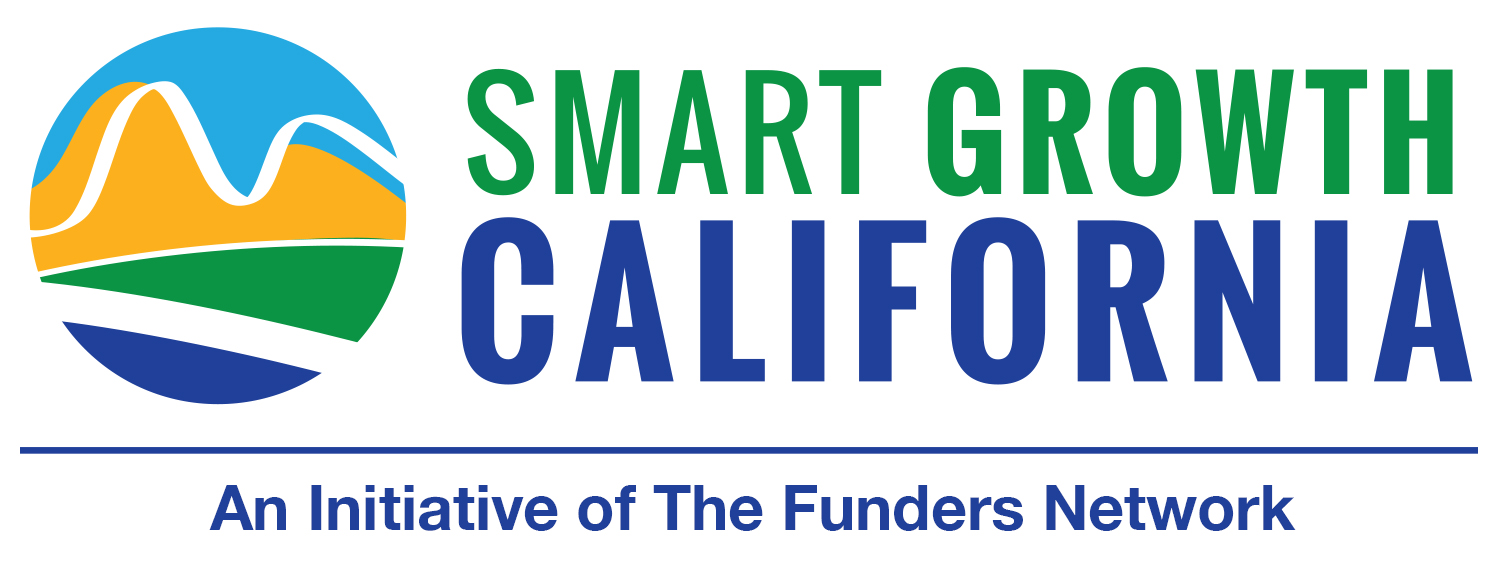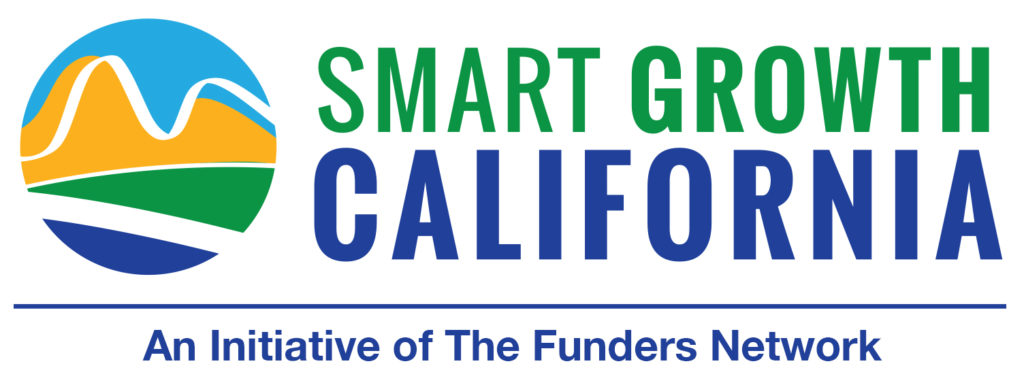Dates/Time
August 6, 2020
10:00 am-11:30 am
*Date now finalized for August 6, 2020 for 10 am PST
Today, we confront a society reeling from the health impacts of COVID-19 as well as an economy that is struggling to stabilize itself as millions of people have lost their jobs, many of them for good. Simultaneously, we are experiencing widespread civil unrest as more and more people wake up to the racialized violence and racism that have been unfortunate cornerstones of our society. In response, we have witnessed an unprecedented global outpouring of protests against police violence and structural racism …what functional, durable change comes of this is yet to be seen. On top of that, a hotly contested national election holds tremendous significance for the nation moving forward.
The world around us is changing at such a rapid pace that by the time you read this, these paragraphs may be outdated. As we plan for the future, we need to acknowledge that what we do not know in this moment—the uncertainties that keep many of us up at night — is far greater than that which we believe to be certain. However, as the tide of confusion begins to slowly recede, we can start to identify the key questions – the answers to which will inform our conversations – about California’s future and its deeply intertwined relationship to global factors at play.
This provocative session will invite funders to step back from their immediate concerns and examine larger patterns forming and reforming. How do global events impact the future of California’s cities, neighborhoods and residents? What are the openings in this moment to address the systemic racism that has caused such disproportionate impacts on communities? As global supply chains buckle, office towers empty out, and transit systems struggle to stay operational, what assumptions no longer look valid? Which beliefs or theories of change have we held are no longer relevant? What does it really look like to re-envision a new economy with a depleted nonprofit sector and local governments contending with enormous deficits likely leading to even more cuts hurting the most vulnerable residents amongst us? And if COVID-19 and its impacts really are a “singularity” – an event horizon beyond which we cannot know anything – how can funders and partners begin to collectively cultivate the capacity to learn, respond and plan while surrounded by such immense uncertainty, and sometimes even fear?
Funders across California are responding with empathy, flexibility and commitment to their grantees and the broader community in this moment of immense need. But, as we stabilize key allies and assets in the community, we need to plan for multiple futures. What are the signals hinting at the rise of different emergent futures? And once the immediacy of this pandemic has passed, and, in many cases, grantmaking budgets are right-sized to meet declining endowments, what are funders and partners willing to fight for to shape this still to be defined world?
Speakers:
- Mark Valentine, Principal, ReFrame It Consulting/Smart Growth California Steering Committee Member
- Leilani Farha, the Global Director with The Shift and Former UN Special Rapporteur on the Right to Housing
- Robert Ogilvie, Oakland Director, SPUR
- Shorey Myers, Executive Director, Jennifer Altman Foundation and Advisory Board member of the Omega Resilience Funders Network

